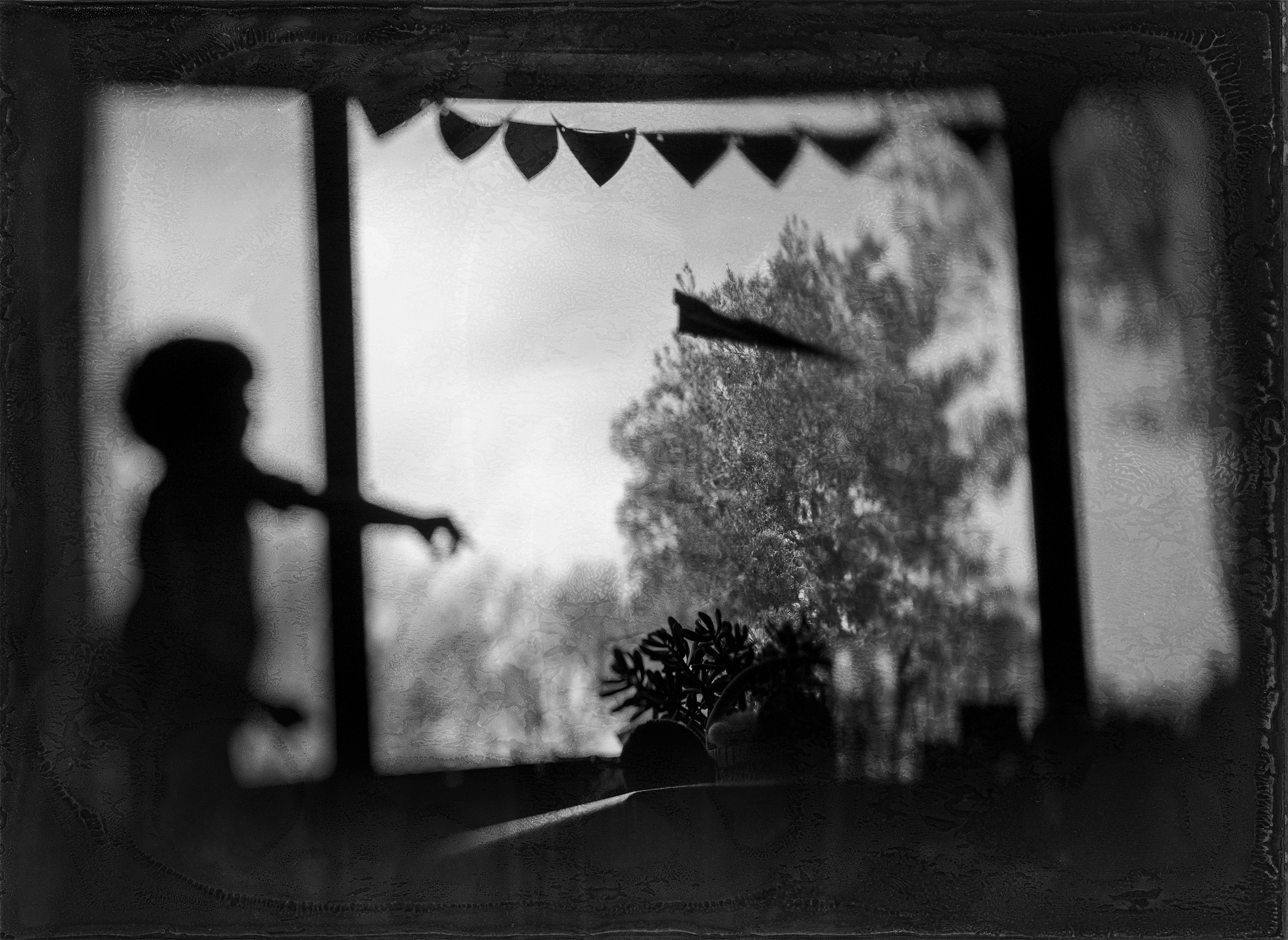On a walk last week, unable to fully understand and articulate his grief about the isolation of the pandemic and the way our lives have changed, my eleven-year-old son said, “I know it sounds bad, but sometimes I wish I was dead.”
We live in a small town, a place of bucolic farms and orchards half an hour outside Boston. When the stay-at-home order came down in March, my son and I began walking in the woods first thing in the morning. It was a way to build structure into days suddenly free of structure — and a chance to give my wife an hour of quiet and rest. Feeling ambitious in those early weeks, I had my son choose a small object each morning to bring home and put on the windowsill, a collage of our time together. He brought back acorns, jagged bits of mica, brittle leaves. The windowsill filled up. When it became clear that we couldn’t keep bringing the outside in, we started journaling about our walks. In a notebook we jotted down what we saw: three crows winging over the dairy farm down the street; screeching blue jays in an oak; chickadees fluttering in the dormant forsythia. It snowed several times, not more than an inch or two.





